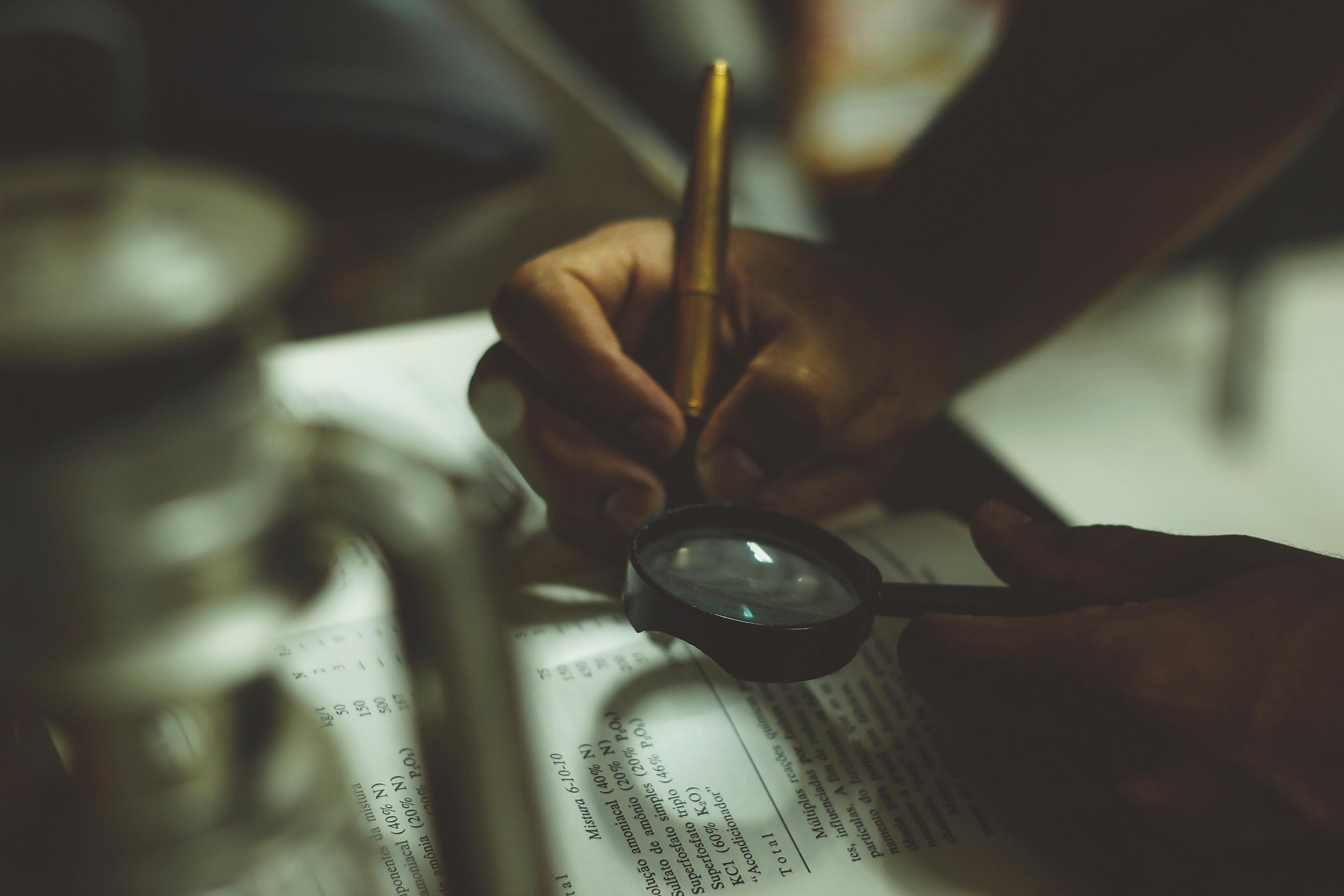Susan Watt writes at the Economic and Social Research Council a very readable introduction to the Nagoya Protocol and the looming deadline of February 2012.
The Nagoya Protocol on Access to Genetic Resources and the Fair and Equitable Sharing of Benefits Arising from their Utilization (ABS) to the Convention on Biological Diversity is a supplementary agreement to the Convention on Biological Diversity.
The Nagoya Protocol applies to genetic resources that are covered by the Convention on Biological Diversity (CBD), and to the benefits arising from their utilization. The Nagoya Protocol also covers traditional knowledge (TK) associated with genetic resources that are covered by the CBD and the benefits arising from its utilization.
If you haven’t yet read all 36 articles of the Nagoya Protocol, you can get your teeth into it at http://www.cbd.int/abs/text/

